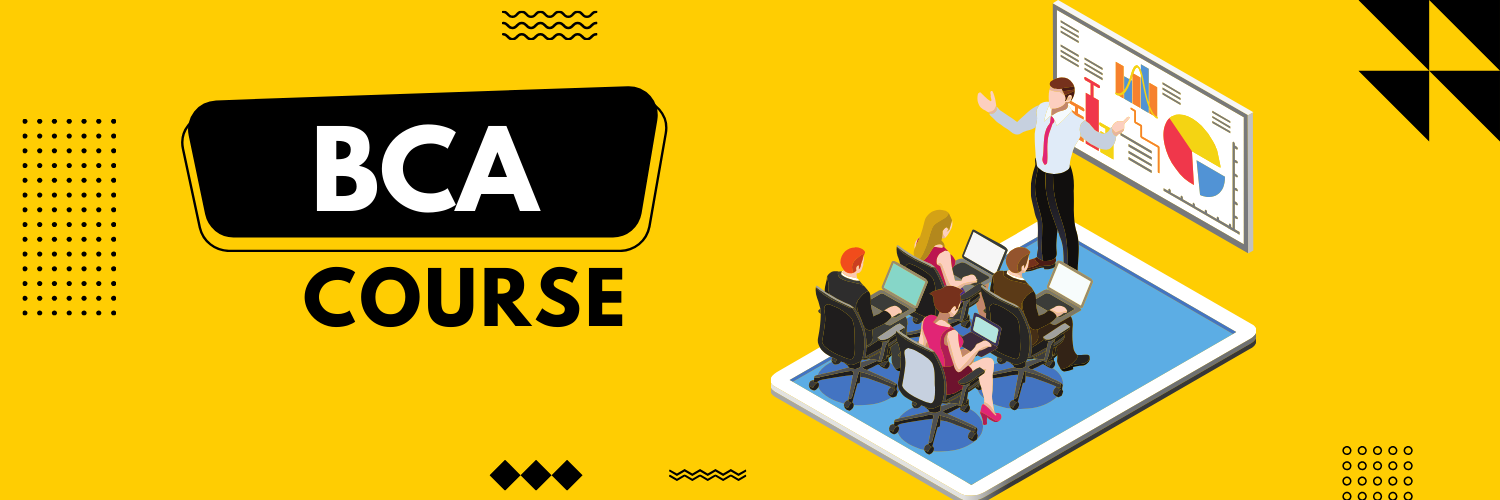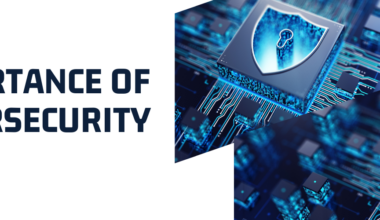In today’s tech-driven world, a career in computer applications is more relevant than ever. If you’re passionate about technology and have an urge to create, then a Bachelor of Computer Applications (BCA) degree might be the perfect path for you.
The Bachelor of Computer Applications (BCA) is a popular undergraduate degree, focusing on computer science and its applications. This course is designed to provide students with a solid foundation in computer programming, software development, and information technology.
This blog is your one-stop shop for everything BCA. We’ll delve into the intricacies of the course.
Full Form
BCA stands for Bachelor of Computer Applications.
Course Duration
The BCA program typically spans three years, divided into six semesters.
Admission Process
Admission to the BCA program can be based on merit or entrance exams. Some of the top entrance exams for BCA include:
- CUET (Common University Entrance Test)
- SET (Symbiosis Entrance Test)
- IPU CET (Indraprastha University Common Entrance Test)
- MET (Manipal Entrance Test)
The eligibility criteria typically require candidates to have completed their 10+2 with a minimum of 45-50% marks in any stream, with English as a mandatory subject.
Syllabus for BCA
- Programming Languages (C, C++, Java)
- C Language: Basics of programming, data types, operators, control statements, functions, arrays, pointers, structures, and file handling.
- C++ Language: Object-oriented programming concepts, classes and objects, inheritance, polymorphism, encapsulation, and templates.
- Java: Introduction to Java, OOP concepts, exception handling, multithreading, applets, and Java APIs.
- Web Development
- HTML/CSS: Basics of HTML, CSS for styling, responsive design, and web page layout.
- JavaScript: Client-side scripting, DOM manipulation, event handling, and AJAX.
- Backend Development: Introduction to server-side scripting languages like PHP, basics of web servers, and database connectivity.
- Database Management Systems (DBMS)
- Database Concepts: Introduction to databases, relational models, SQL queries, normalization, and ER diagrams.
- SQL: Writing queries, joins, subqueries, and transactions.
- Advanced DBMS: Indexing, stored procedures, triggers, and database security.
- Network Administration
- Networking Basics: OSI model, TCP/IP, network topologies, and protocols.
- Network Devices: Routers, switches, and hubs.
- Network Configuration: IP addressing, subnetting, and configuring network devices.
- Network Security: Firewalls, VPNs, and intrusion detection systems.
- Data Structures and Algorithms
- Data Structures: Arrays, linked lists, stacks, queues, trees, and graphs.
- Algorithms: Sorting (bubble, quick, merge), searching (linear, binary), and algorithm complexity.
- Advanced Topics: Dynamic programming, greedy algorithms, and graph algorithms.
- Cloud Computing and Virtualization
- Cloud Concepts: Introduction to cloud computing, service models (IaaS, PaaS, SaaS), and deployment models (public, private, hybrid).
- Virtualization: Basics of virtualization, virtual machines, and hypervisors.
- Cloud Services: Overview of AWS, Azure, and Google Cloud Platform.
- Software Engineering
- Software Development Life Cycle (SDLC): Phases of SDLC, models (waterfall, agile), and project management.
- Requirement Analysis: Gathering and analyzing requirements, use case diagrams.
- Design: System design, UML diagrams, and design patterns.
- Testing: Types of testing (unit, integration, system), test cases, and debugging.
- Operating Systems
- OS Basics: Functions of an operating system, types of operating systems.
- Process Management: Process scheduling, synchronization, and deadlocks.
- Memory Management: Paging, segmentation, and virtual memory.
- File Systems: File organization, directories, and file allocation methods.
- Computer Networks
- Network Models: OSI and TCP/IP models.
- Data Communication: Transmission media, data encoding, and error detection.
- Network Protocols: HTTP, FTP, SMTP, and DNS.
- Wireless Networks: Wi-Fi, Bluetooth, and mobile networks.
These subjects provide a comprehensive understanding of both the theoretical and practical aspects of computer applications, preparing students for various roles in the IT industry.
Career Opportunities for BCA Graduates
- Software Developer
- Role: Software developers are responsible for designing, coding, testing, and maintaining software applications. They work on creating software solutions that meet user needs and business requirements.
- Skills Required: Proficiency in programming languages (such as Java, C++, Python), problem-solving skills, understanding of software development methodologies, and knowledge of databases.
- System Analyst
- Role: System analysts evaluate and improve existing IT systems to enhance efficiency and effectiveness. They analyze user requirements, design system solutions, and coordinate with developers to implement changes.
- Skills Required: Analytical skills, understanding of business processes, knowledge of system design and architecture, and strong communication skills.
- Web Designer
- Role: Web designers create visually appealing and user-friendly websites. They focus on the layout, colour scheme, typography, and overall design of web pages.
- Skills Required: Proficiency in HTML, CSS, JavaScript, graphic design tools (such as Adobe Photoshop and Illustrator), and a good sense of aesthetics.
- Database Administrator
- Role: Database administrators (DBAs) manage and maintain databases to ensure data integrity, security, and availability. They are responsible for database design, performance tuning, backup, and recovery.
- Skills Required: Knowledge of database management systems (such as Oracle, MySQL, and SQL Server), SQL proficiency, problem-solving skills, and understanding of data security practices.
- Network Administrator
- Role: Network administrators manage and maintain an organization’s computer networks. They ensure network security, troubleshoot network issues, and implement network upgrades.
- Skills Required: Understanding of networking concepts (such as TCP/IP, DNS, and DHCP), experience with network hardware (routers and switches), network security knowledge, and problem-solving skills.
- Software Tester
- Role: Software testers are responsible for identifying and reporting bugs in software applications. They perform various types of testing (such as functional, performance, and security testing) to ensure software quality.
- Skills Required: Knowledge of testing methodologies, proficiency in testing tools (such as Selenium, and JIRA), attention to detail, and analytical skills.
These roles offer diverse opportunities for BCA graduates to grow and excel in the IT industry.
The top recruiting companies for BCA graduates include:
- Wipro
- Infosys
- NIIT
- HCL
- TCS
- Accenture
- Capgemini
- Cognizant
- Deloitte
- Microsoft
- IBM
Conclusion
The BCA program is an excellent choice for students interested in pursuing a career in computer science and information technology. With its comprehensive curriculum and diverse career opportunities, BCA graduates are well-prepared to meet the demands of the ever-evolving IT industry. For those looking for the best BCA college in Ghaziabad, this program offers the perfect foundation for a successful career in IT.






